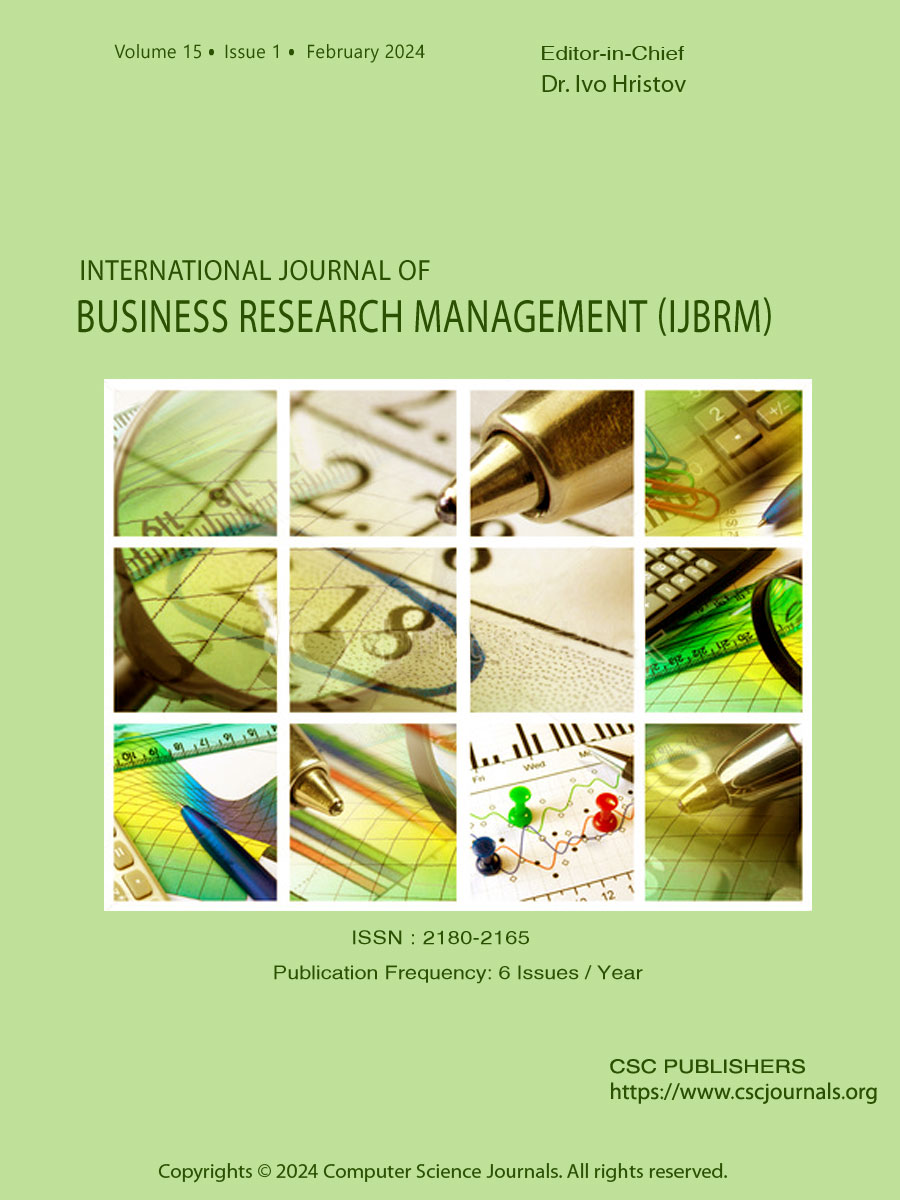There have been a number of research into inter-organizational collaborations within and between organisations such as, Sala, Landoni and Verganti, (2016) small and medium enterprises collaborations; Zhang, Chen, Zhu, Yam and Guan (2016) and Capone and Zampi, (2019) inter-organisational collaborations; MartÃnez-Costa, Jiménez-Jiménez and Rabeh (2019), inter-organisational collaborations in innovation; Jha and Johnston, (2020); Lumineau, Wang and Schilke, (2020) organizing collaborations. Limited attention has been given to the dynamics of collaboration in time of crisis. Most authors focus on the processes involved in collaboration rather than how they may change as the collaboration develops. In light of the resent the sudden outbreak of a deadly disease called Covid-19 caused by a Corona Virus (SARS-CoV-2) that shook the entire world. The World Health Organization declared it as an pandemic. This situation challenged organisations ‘business as usual’ across the world and led to organisations seeking collaboration within and across their sector in order to survive.
The goal of this Special Issue is to encourage differing disciplinary approaches that can help foster discourse on how different actors respond to collaboration in time of crisis. Also, research that broadens our understanding of collaboration for a variety of contexts ranging from for SMEs, social enterprises, family firms, NGOs, private and public sector organisations. The of this special issue is to further the body of knowledge and understanding of the impact of organisational collaboration on leadership, growth, long term development and sustainability. We will accept and published research papers that will make an important contribution in the field of organisational development and management through corroboration.
The editor wishes that authors worldwide contribute, with the scope to have a multiple perspective coming from developing and developed countries. We are seeking high quality papers which have explored the concept of collaborative advantage, i.e. those things that can be produced by partners in collaboration which would not otherwise have been achievable. Also considers the various dimensions of collaboration and hence how collaboration can be sustained over time. The topics below provide an indicative, but non-exhaustive, list of organisational matters that can be tackled through conceptual, quantitative, qualitative, or mixed method approaches, drawing on a variety of theoretical lenses and paradigms such as: leadership and governance, funding, financing, organizational capacity, knowledge exchange, business markets opportunities and value creation.
REFERENCES
[1] Capone, F., & Zampi, V. (2019). Proximity and centrality in inter-organisational collaborations for innovation. Management Decision.
[2] Jha, P. P., & Johnston, L. (2020). Odd couple collaborations and making them tick. European Business Review.
[3] Lumineau, F., Wang, W., & Schilke, O. (2020). Blockchain Governance—A New Way of Organizing Collaborations? Lumineau F., Wang W., & Schilke O. “Blockchain Governance—A New Way of Organizing Collaborations.
[4] MartÃnez-Costa, M., Jiménez-Jiménez, D., & Dine Rabeh, H. A. (2019). The effect of organisational learning on interorganisational collaborations in innovation: an empirical study in SMEs. Knowledge Management Research & Practice, 17(2), 137-150.
[5] Roy, T. (2020). NGO and business collaborations in rural sales programmes in Bangladesh: disputing the commercial-social paradox.
[6] Sala, A., Landoni, P., & Verganti, R. (2016). Small and Medium Enterprises collaborations with knowledge intensive services: an explorative analysis of the impact of innovation vouchers. R&D Management, 46(S1), 291-302.
[7] Zhang, Y., Chen, K., Zhu, G., Yam, R. C., & Guan, J. (2016). Inter-organizational scientific collaborations and policy effects: an ego-network evolutionary perspective of the Chinese Academy of Sciences. Scientometrics, 108(3), 1383-1415. |


